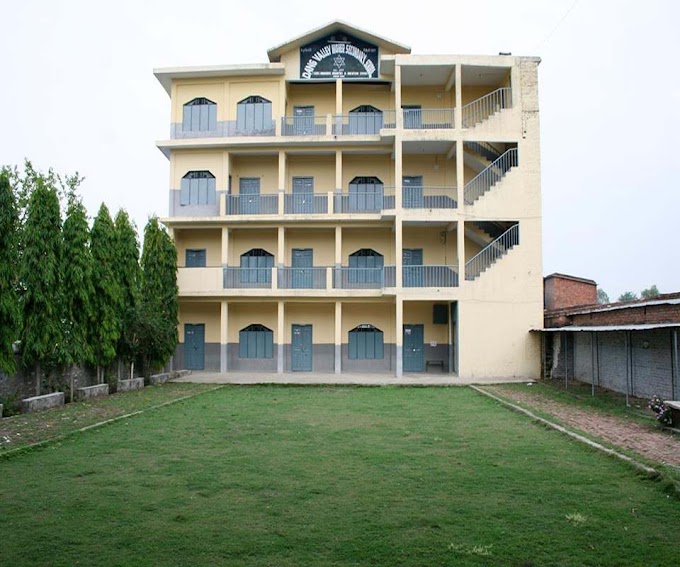In Memoriam: Reflecting on the Legacy of Henry Kissinger - A Diplomat's Journey
Introduction:
Henry Kissinger, a distinguished figure in global diplomacy, breathed his last at the remarkable age of 100. As a former U.S. Secretary of State, Kissinger's influence shaped crucial foreign policy decisions during the Nixon and Ford administrations, earning both acclaim and criticism.
Childhood:
Born Heinz Alfred Kissinger on May 27, 1923, in Germany, he and his family fled the threat of Nazi persecution in 1938, finding refuge in the United States. This tumultuous early life experience would shape Kissinger's worldview and resilience.
Education:
Kissinger pursued higher education in the U.S., earning a doctorate in political science from Harvard University. His academic prowess laid the foundation for a remarkable career in international relations.
Works:
Kissinger's impact on global affairs unfolded over decades. Rising through the ranks, he served as National Security Advisor and later as Secretary of State, wielding significant influence during the Vietnam War and the opening of diplomatic relations with China. His realpolitik approach sought practical solutions to complex diplomatic challenges, earning him the Nobel Peace Prize for his role in negotiating a Vietnam War ceasefire.
Controversies:
Despite his achievements, controversies marked Kissinger's legacy. Authorizing wiretaps on reporters and military actions in Cambodia drew criticism, and his policies in Southeast Asia and Latin America fueled ongoing debates. The complexities of his decisions reflect the inherent challenges of wielding power on the global stage.
Later Years:
In his post-government years, Kissinger evolved into a respected statesman, offering advice to leaders across party lines and managing a global consulting business. His enduring influence was evident as he engaged with world leaders even in his later years, meeting with China's Xi Jinping and sharing insights on contemporary conflicts.
Death:
Henry Kissinger's passing marks the end of an era. His death occurred at his home in Connecticut, leaving behind a legacy that will continue to be scrutinized and studied for its multifaceted impact on international relations.
FAQs:
Who was Henry Kissinger?
Henry Kissinger was a prominent diplomat who served as the U.S. Secretary of State under Presidents Nixon and Ford. Born in Germany, he played a key role in shaping U.S. foreign policy during the Cold War era.
What were Henry Kissinger's major achievements?
Kissinger's major achievements include his efforts in normalizing relations between the U.S. and China, negotiating a ceasefire during the Vietnam War, and conducting the first "shuttle diplomacy" for Middle East peace.
What controversies surrounded Henry Kissinger?
Kissinger faced criticism for authorizing wiretaps on reporters, military actions in Cambodia, and supporting repressive regimes in Latin America. These controversies continue to be subjects of debate regarding his diplomatic legacy.
How did Henry Kissinger pass away?
Henry Kissinger passed away at the age of 100 at his home in Connecticut. The cause of his death has not been specified in the provided information.
What is Henry Kissinger's legacy?
Henry Kissinger left a lasting legacy in international relations, marked by both praise and criticism. His realpolitik approach, diplomatic achievements, and controversies contribute to a complex and multifaceted legacy in the realm of global diplomacy.
Conclusion:
As tributes pour in from around the world, Henry Kissinger's life serves as a compelling narrative of a man who navigated the complexities of global diplomacy, leaving an enduring legacy that encapsulates both triumphs and challenges.









